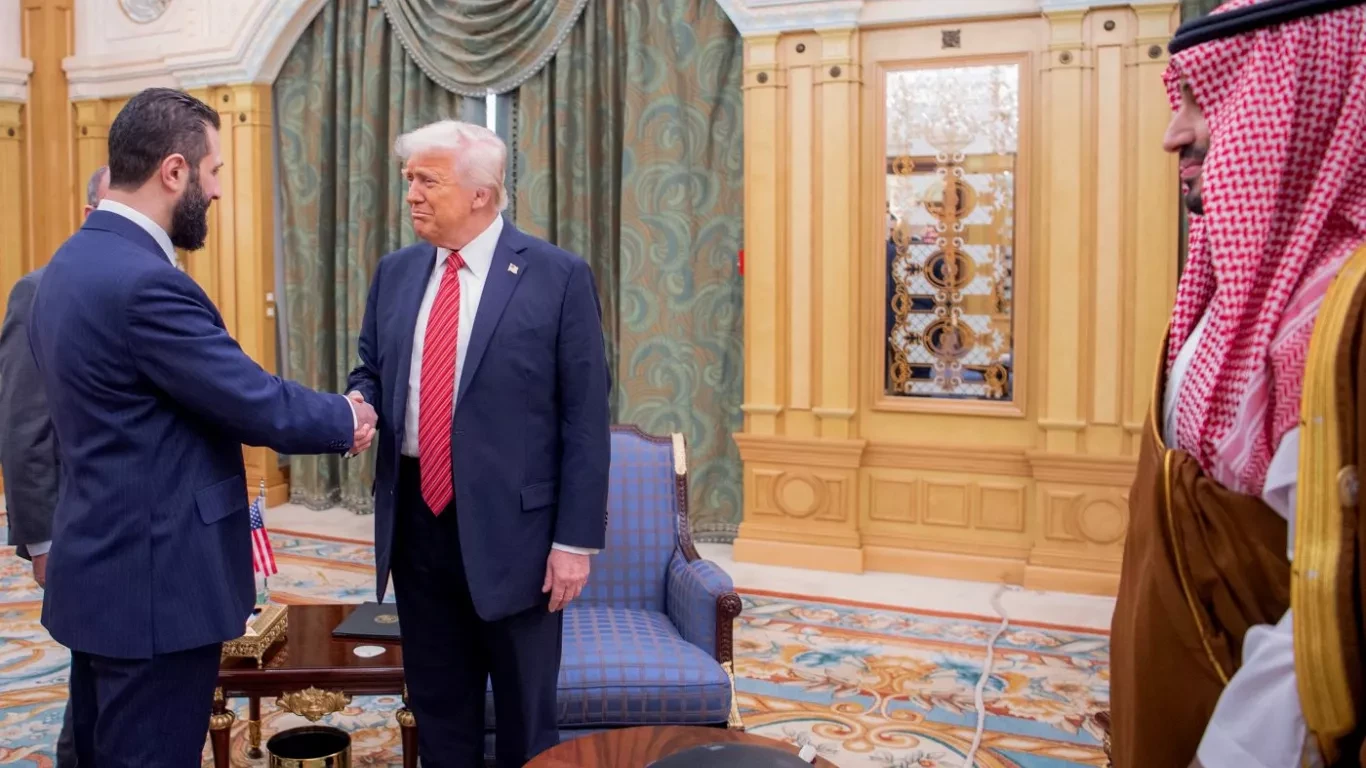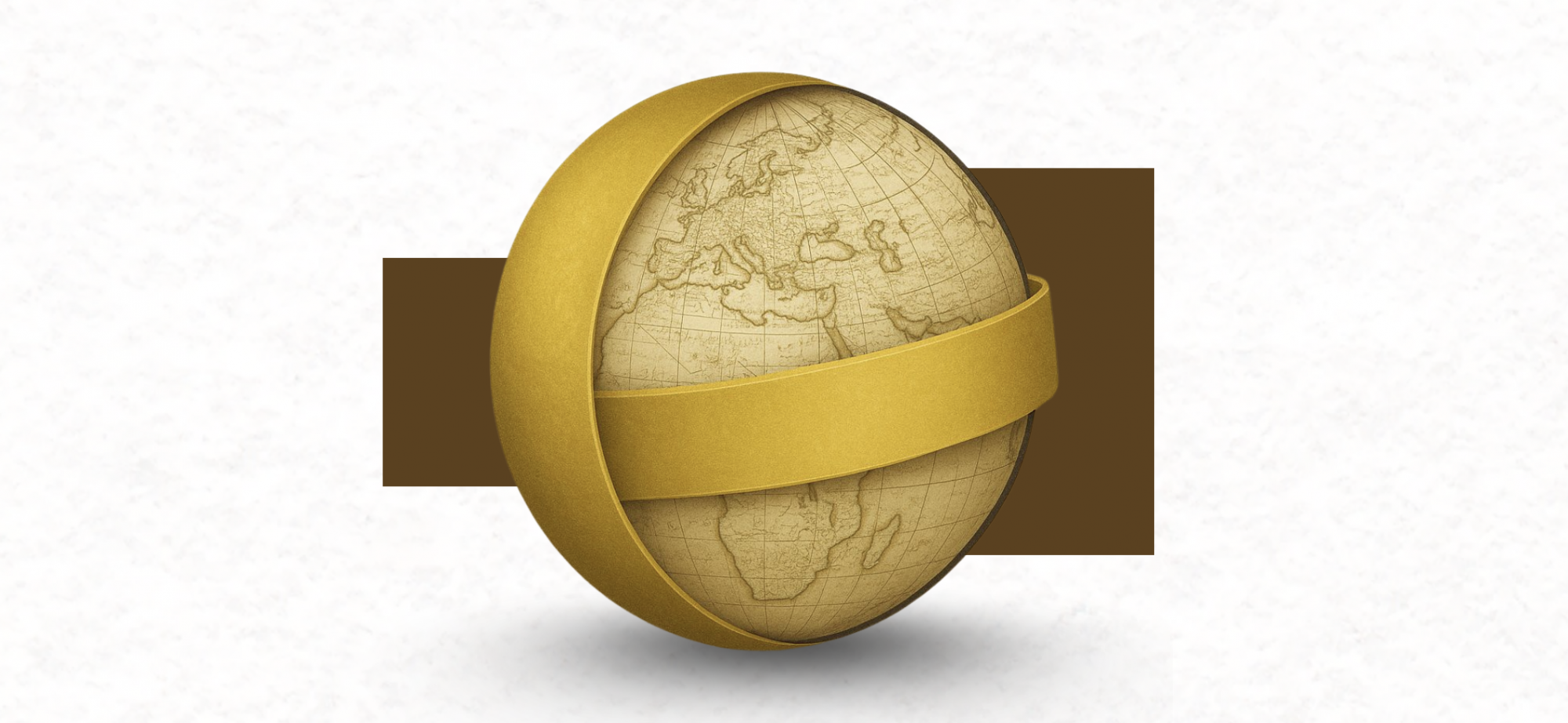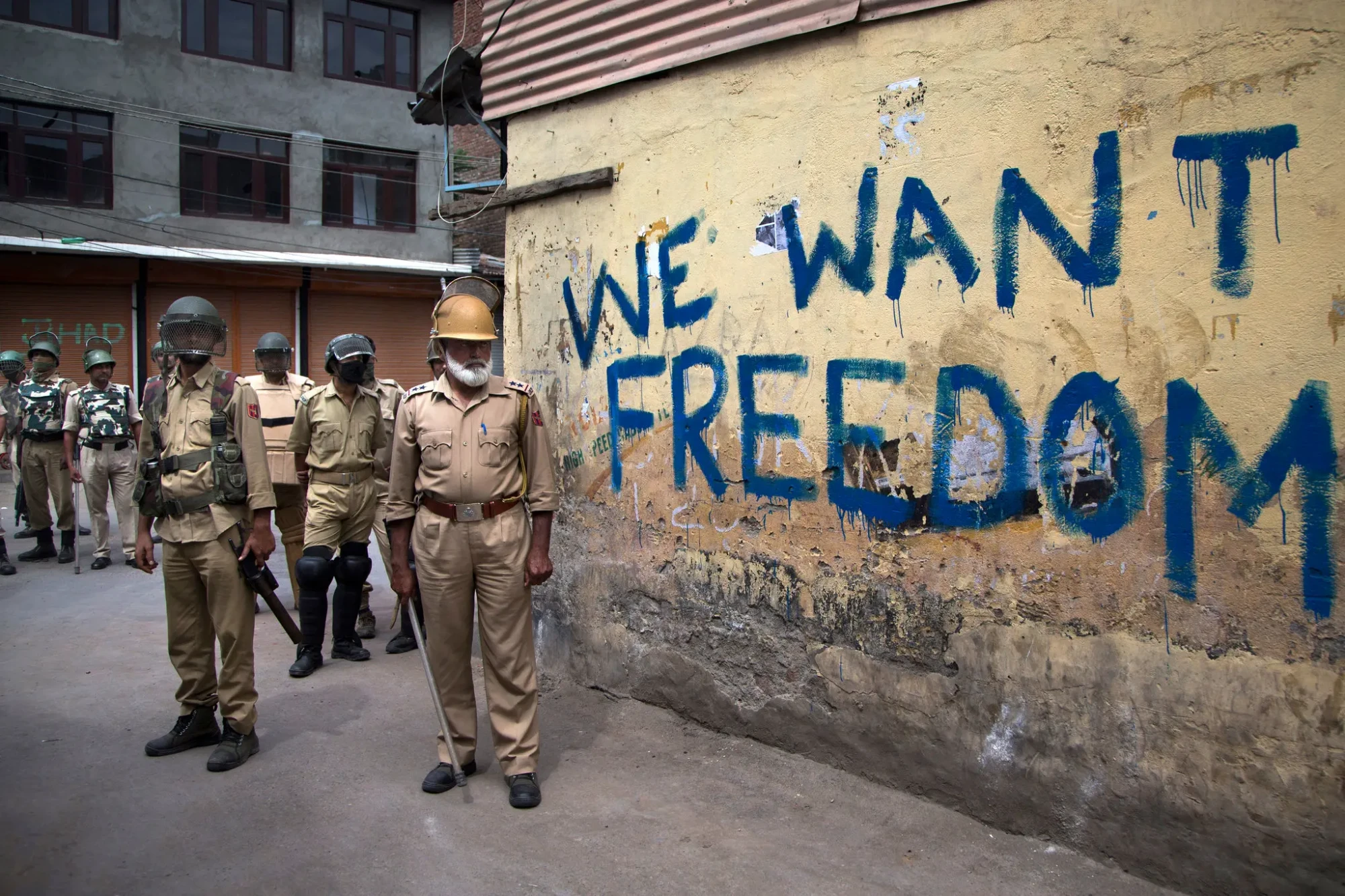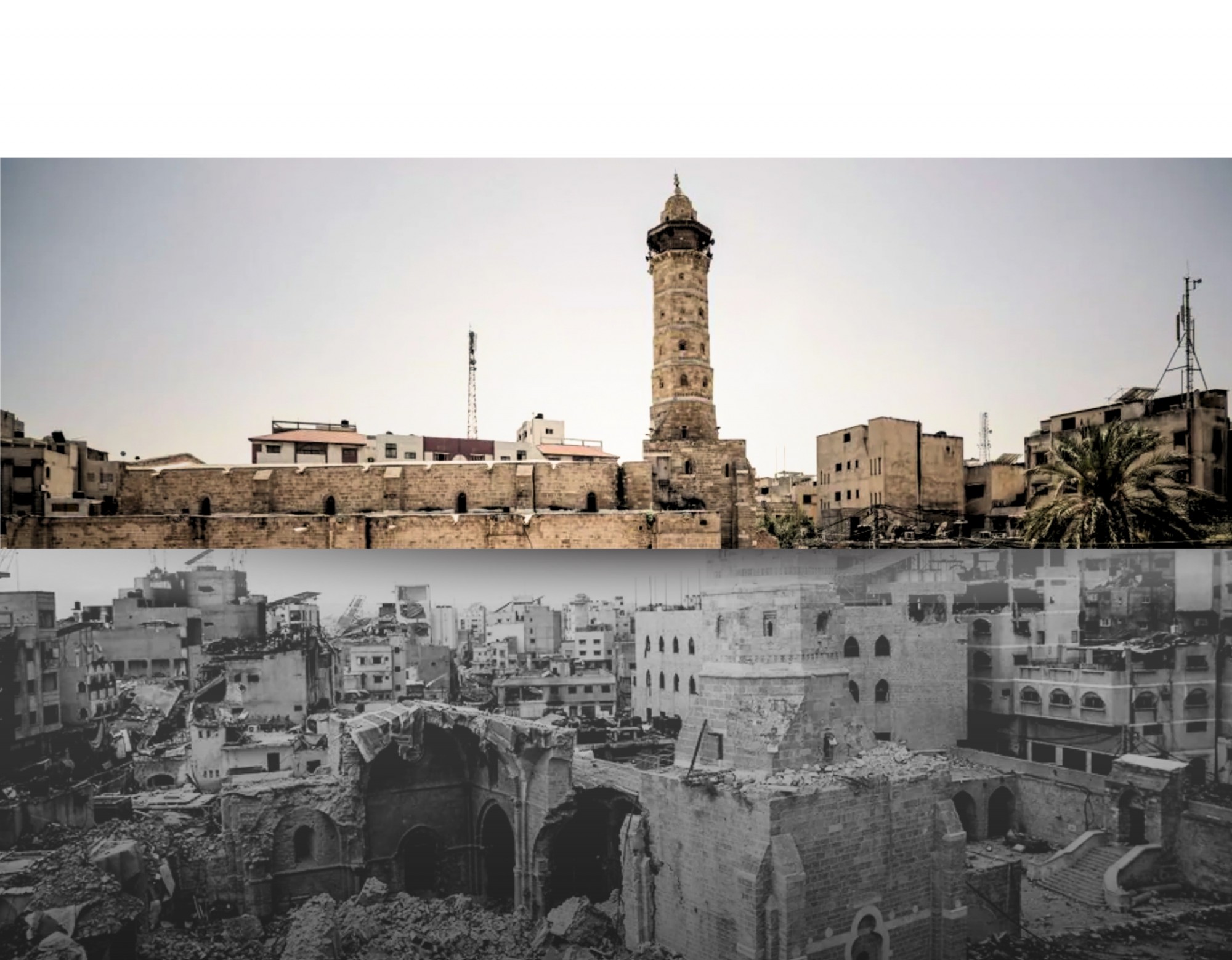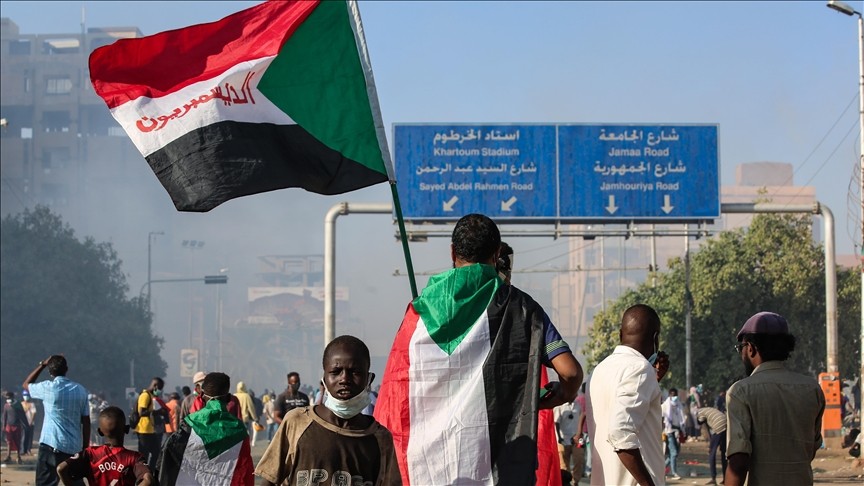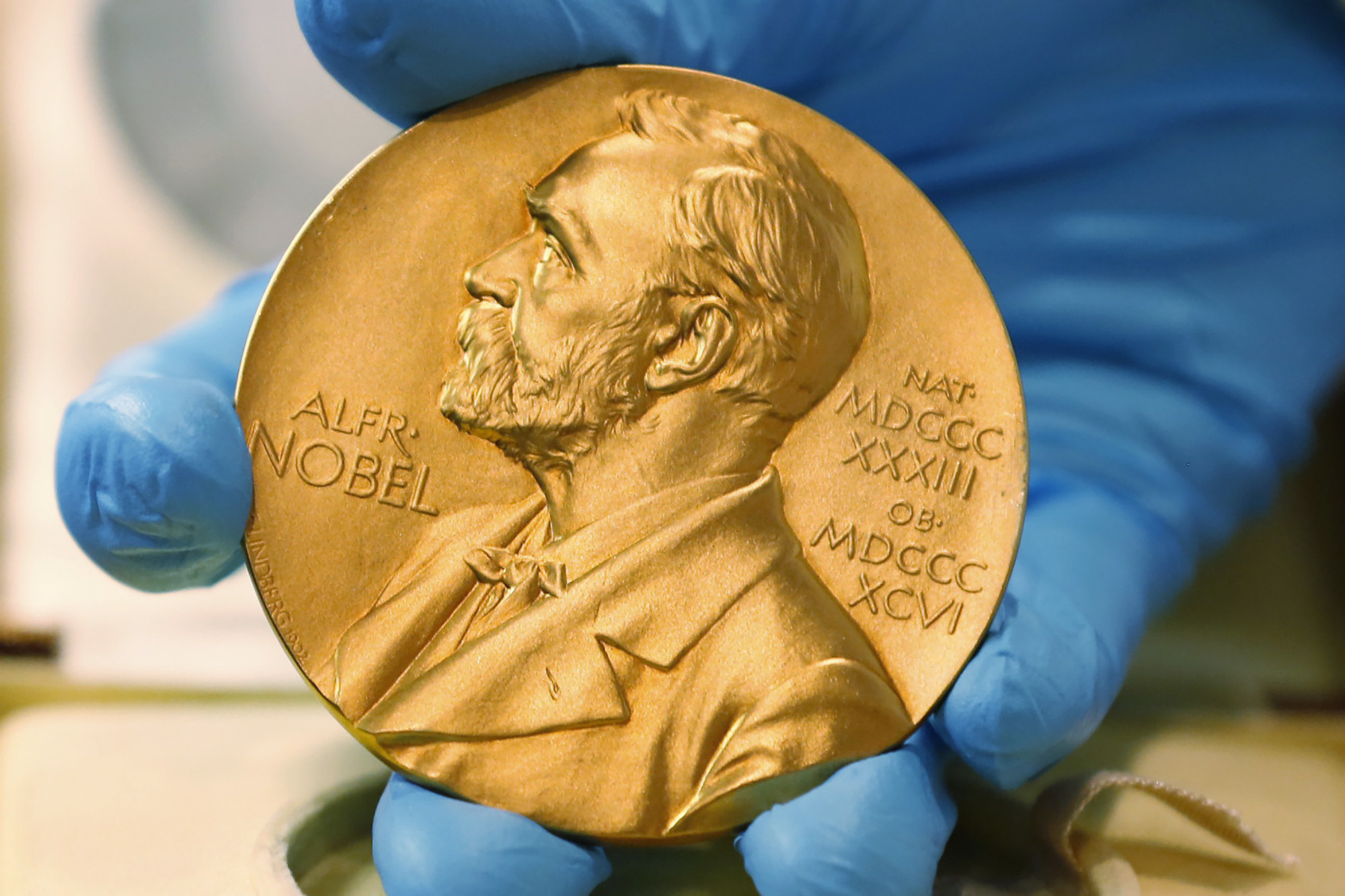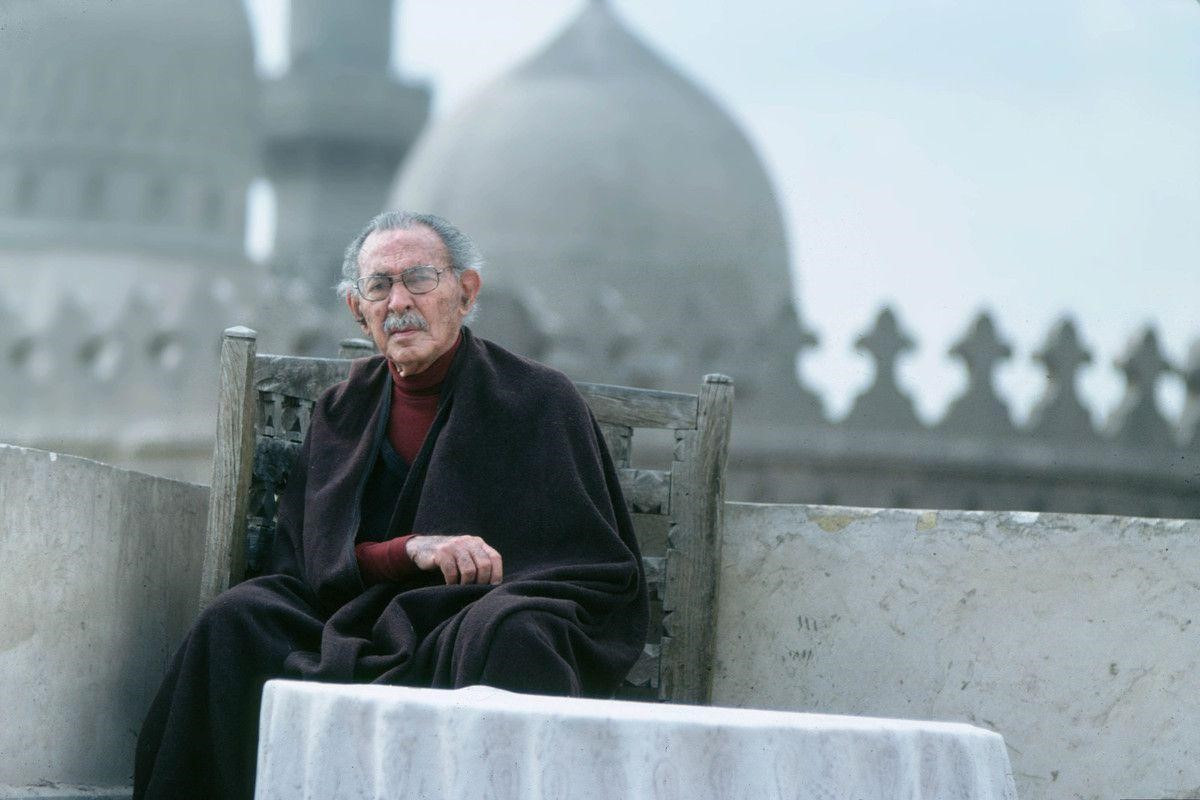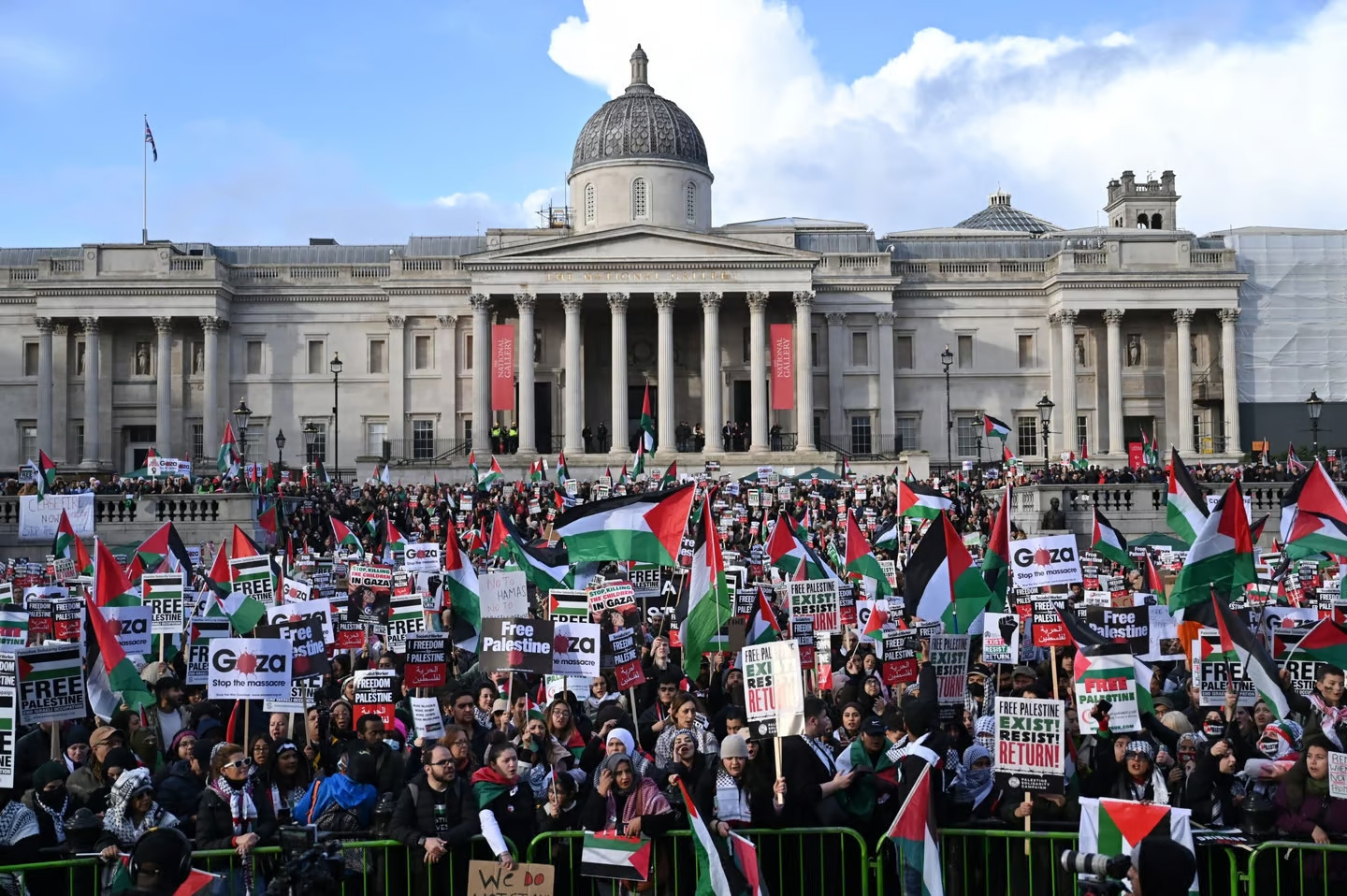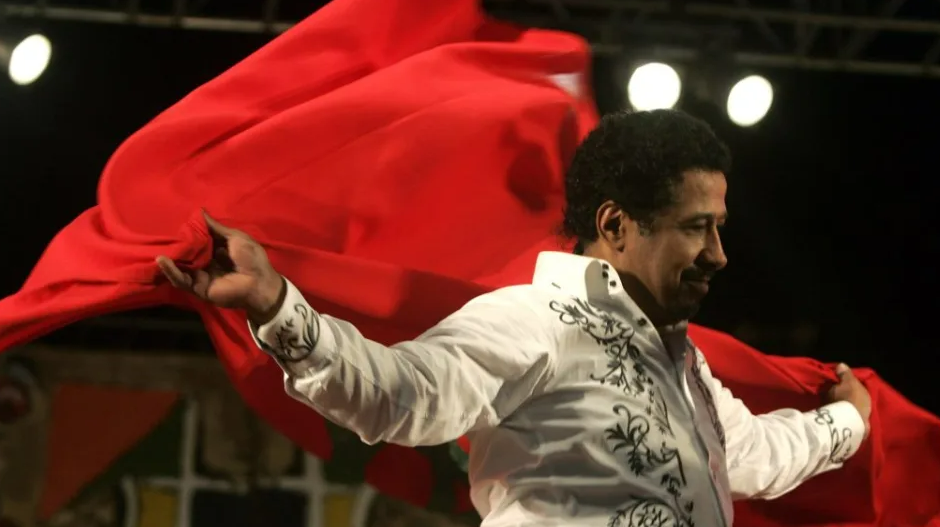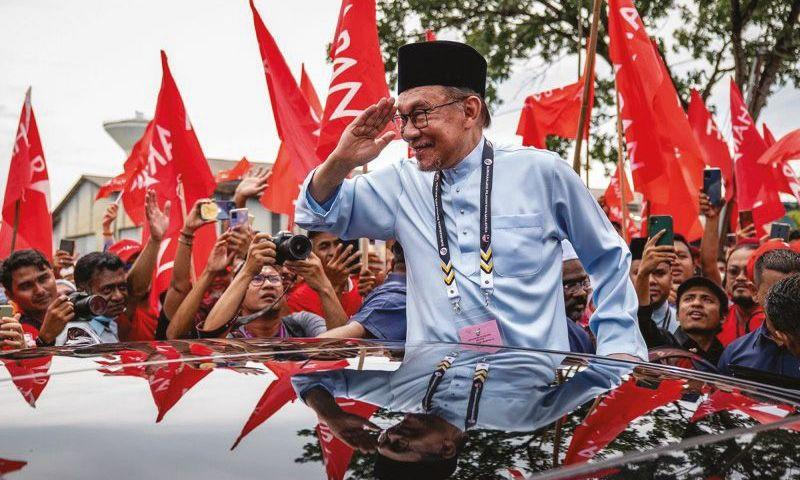
The Beginning of a New Era in Malaysia: Anwar Ibrahim as Prime Minister
On 19 November 2022, the Pakatan Harapan (Alliance of Hope-PH) coalition led by Anwar Ibrahim, which received the majority of votes in the early election held on 19 November 2022, won the election and Anwar Ibrahim took office as the new prime minister of Malaysia. After the 2018 general elections, the political instability in Malaysia, which changed three prime ministers, ended with Anwar Ibrahim's vote of confidence from the parliament.
Malaysia was unable to establish political stability after the general elections held in 2018. As a matter of fact, while it was certain that the United Malaysian Party (UMNO) led by Najib Rezak would win the elections, Pakatan Harapan led by Mahathir Mohamad unexpectedly triumphed in the elections. In the 2018 general elections, Mahathir Mohamad's election victory was an important turning point in Malaysia's political history. Firstly, for the first time, a party other than UMNO had won the elections. Moreover, the candidate of this party was Mahathir Mohamad, who had spent his entire political life in UMNO and had been prime minister for twenty-two years (1981-2003). Mahathir Mohamad had announced his retirement from politics in 2003. However, the corruption during Najib Rezak's term as prime minister between 2008 and 2018 and the involvement of Najib Rezak and his wife in these corruption scandals constituted the biggest reason for Mahathir Mohamad’s return to politics.
After winning the 2018 elections, PH formed a government led by Mahathir Mohamad. However, this government did not last long. A few months after the elections, some parties in the PH left the coalition. After the dissolution of the coalition, Mahathir Mohamad, the prime ministerial candidate of PH, who lost the majority in the parliament, resigned. Mahathir’s resignation caused long-lasting debates within the country. After Mahathir, Muhyiddin Yasin, who received the support of UMNO, took the prime minister’s seat with the approval of the Sultan. However, Muhyiddin Yasin declared a state of emergency in the country within the scope of Covid-19 measures and indefinitely suspended the parliament. Muhyiddin Yasin’s decision to suspend the parliament was due to his fear of not being able to obtain a vote of confidence. As a matter of fact, due to increasing criticism, Muhyiddin Yasin resigned on 16 August 2021 and Ismail Sabri, UMNO’s candidate, took over as prime minister. The support of Sultan Abdullah, rather than the parliament, was effective in Ismail Sabri becoming prime minister. Sultan also stated that a vote of confidence was not mandatory for the country during the troubled period it was going through. This situation caused further political instability. In addition, the failure to manage the Covid-19 process well led to a serious economic bottleneck in the country and millions of people lost their jobs. Economic problems on the one hand and political instability on the other were the main reasons for Malaysia to go to early elections. The general elections, which were planned to be held in September 2023, were held earlier after Prime Minister Ismail Sabri dissolved the parliament. The elections held on 19 November were won by the coalition namely PH led by Anwar Ibrahim, ushering in a new era for Malaysia.
Anwar Ibrahim and His Political Struggle
Malaysia has become one of the most important countries in Southeast Asia and among the Muslim countries. This political and economic progress of Malaysia is undoubtedly owed to the talented politicians. Among them, Dr Muhammad Mahathir, who served as prime minister for twenty-two years without interruption, and Anwar Ibrahim, who continued his struggle in the political life of Malaysia for half a century, have an important place.
Anwar Ibrahim is one of the important statesmen of Malaysia and has been involved in political activities since his youth. He came to the forefront with the Islamic Youth Organisation of Malaysia (ABIM), which he founded and headed in the early 1970s, while joined UMNO later in 1981. Anwar joined UMNO on the advice of Mahathir Mohamad. Anwar Ibrahim, who held important positions such as the ministries of culture, agriculture, education and finance during his time in UMNO, became one of Mahathir Mohamad's close colleagues during his prime ministership. He had a father-son relationship with Mahathir during this period, and also served as deputy prime minister and party chairman. Anwar Ibrahim served as deputy prime minister, minister of education, economy, culture, agriculture, youth and sports from 1982 to 1998. In 1997, during the "Asian Economic Crisis", he followed a successful policy as deputy prime minister and economy minister and was named economy minister of the year by Asia money. However, in 1999, Anwar Ibrahim was arrested on charges of harassment and corruption and sentenced to nine years in prison. Anwar Ibrahim's imprisonment has been one of the most controversial issues in Malaysia's domestic politics for many years. However, this event was mostly perceived as a political move by Mahathir Mohamad for the reason that Anwar Ibrahim's influence was gradually increasing both within the party and among the public.
Released from prison in 2004, Anwar Ibrahim became the most important figure in Malaysian politics after Mahathir Mohamad withdrew from the office in 2003. From 2008 until 2015, Anwar Ibrahim continued his political struggle as the head of the main opposition party, but in 2015 he was arrested again on a harassment charge and sentenced to five years in prison. While in prison, Anwar joined the PH Coalition led by Mahathir Mohamad and competed in the 2018 elections as part of this coalition. While Anwar Ibrahim was in prison, his wife Dr. Wan Azizah and daughter Nurul Izzah continued his political struggle. As a matter of fact, his wife Dr. Wan Azizah assumed the post of deputy prime minister after the 2018 elections.
In the 2018 election campaign, one of the promises of Mahathir Mohamad, the prime ministerial candidate of the PH Coalition, was to release Anwar Ibrahim from prison and hand over the premiership to him after two years. Indeed, Mahathir fulfilled his promise and ended Anwar Ibrahim's imprisonment a few months after the elections. However, two years after the election, the withdrawal of support by some parties in the PH Coalition and the subsequent resignation interrupted Anwar Ibrahim's dreams of becoming prime minister. After Mahathir's resignation, Anwar Ibrahim made some attempts for the prime ministership, but could not get enough support.
Anwar Ibrahim is one of the most important Islamist politicians in the world. As a matter of fact, Anwar Ibrahim has made significant contributions to the Islamisation policies implemented in Malaysia, from education to law, from economy to halal food, that have been implemented in different countries today. However, Anwar stands on a liberal democratic line rather than a conservative one in domestic politics. More importantly, Anwar Ibrahim has significant disagreements with the PAS Islamic Party and the conservative nationalist Unity (BERSATU) Party, which are the critical conservative political movements in Malaysia. The basis of this disagreement is the status of non-Muslims in Malaysia. The Islamic PAS Islam Party and the conservative nationalist BERSATU Party are not supportive of an equal access of opportunities to the non-Muslim Chinese and Indians, who make up 30 per cent of the country's population with the local Malay Muslims. According to conservative nationalists, Malay Muslims are the original owners of Malaysia, and the Chinese and Indians were brought to Malaysia during the British colonial period hence pose a threat to Malay culture and Islam. Politicians like Anwar Ibrahim and Mahathir Mohamad, on the other hand, argue that Chinese and Indians, who constitute the backbone of the country's economy, should have similar opportunities that Malay Muslims have and that the country can only develop in this way. For this reason, the majority of those who do not support Anwar Ibrahim and criticise his policies are Islamists or conservative nationalists. From this point of view, Anwar Ibrahim cannot be termed as a conservative or Islamist leader.
How to Read the Elections?
In the elections held on 19 November, the PH Coalition received 37% of the votes, while the Perikatan Nasional (National Unity-PN) Coalition formed by the PAS Islamic Party and the nationalist conservative BERSATU Party came second with 30% of the votes. In addition, PAS Islamic Party received the highest number of votes on a party basis. This situation is important in terms of showing that especially the conservative Malays supported the PN Coalition against Anwar Ibrahim.
In the election held on 19 November 2022, Anwar Ibrahim, who contested as the premiership candidate from the PH Coalition and won, received the biggest criticism from Malay Muslims. As a matter of fact, the Democratic Action Party (DAP) within the PH Coalition is one of the important parties founded and supported by the Chinese. The Chinese support for Anwar Ibrahim is criticised by the conservative Malays.
The Barisan Nasional Coalition (National Front-BN) led by UMNO, which follows a Liberal Democrat line, had the lowest vote share in its history. The loss of votes in UMNO was caused by corruption within the party. In particular, the smuggling of 1 billion dollars abroad belonging to the public during the prime ministership of Najib Rezak caused great controversy. Najib Rezak, who was accused of corruption, was arrested, and sentenced to twelve years in prison. The decline in public confidence in UMNO favoured the PH Coalition led by Anwar Ibrahim.
The fact that Anwar Ibrahim received a vote of confidence from the parliament and was supported by UMNO in the parliament are vital developments in terms of establishing political stability in Malaysia. The election of Anwar Ibrahim is promising, especially in terms of repairing Malaysia's shaken economy during the Covid-19 pandemic. As a result, Anwar Ibrahim, who took the prime minister's seat at the age of 74 after fifty years of political struggle, has a lot to do for Malaysia.
Metin Zengin
Uludağ Üniversitesi, İslam Tarihi Doktora Öğrencisi....
 Metin Zengin
Metin Zengin